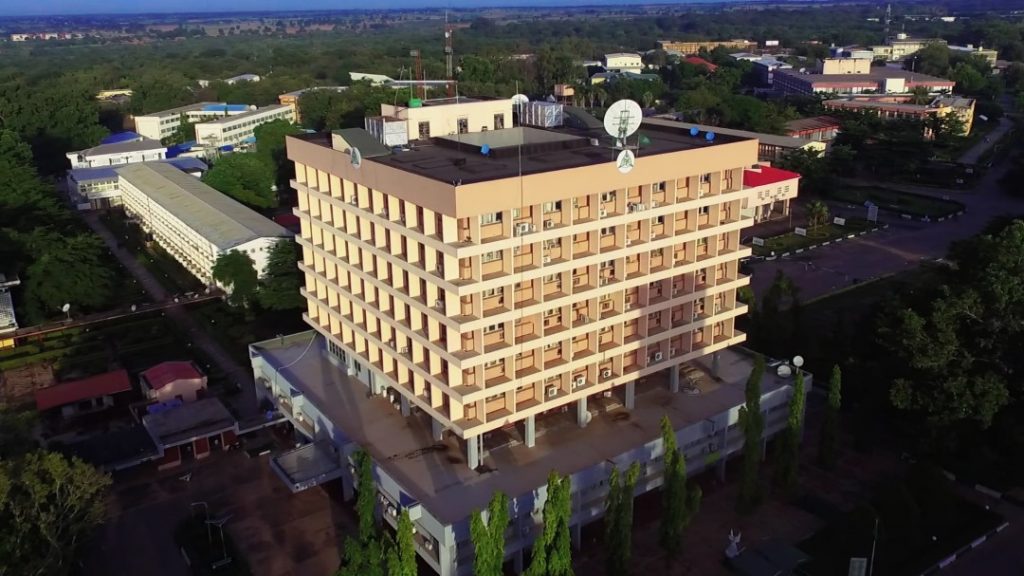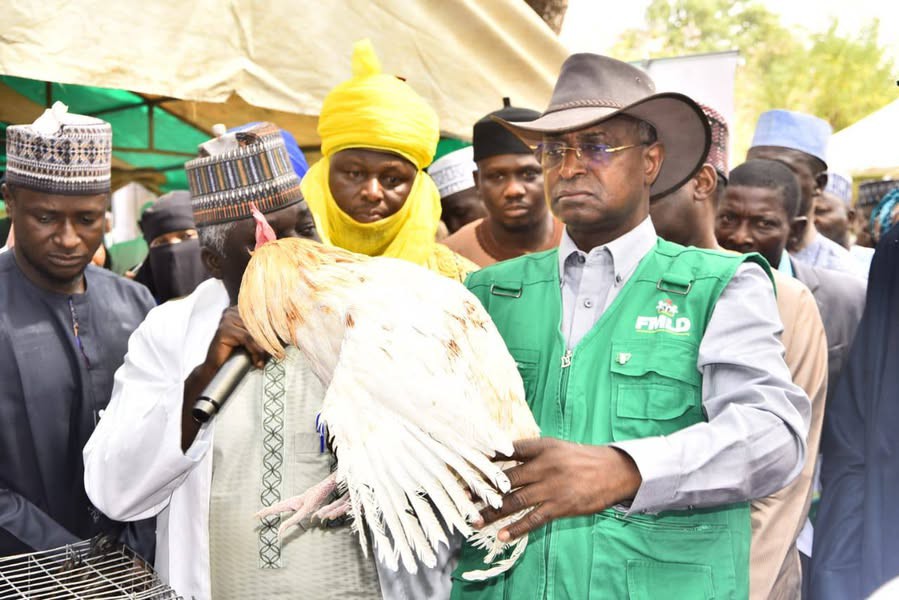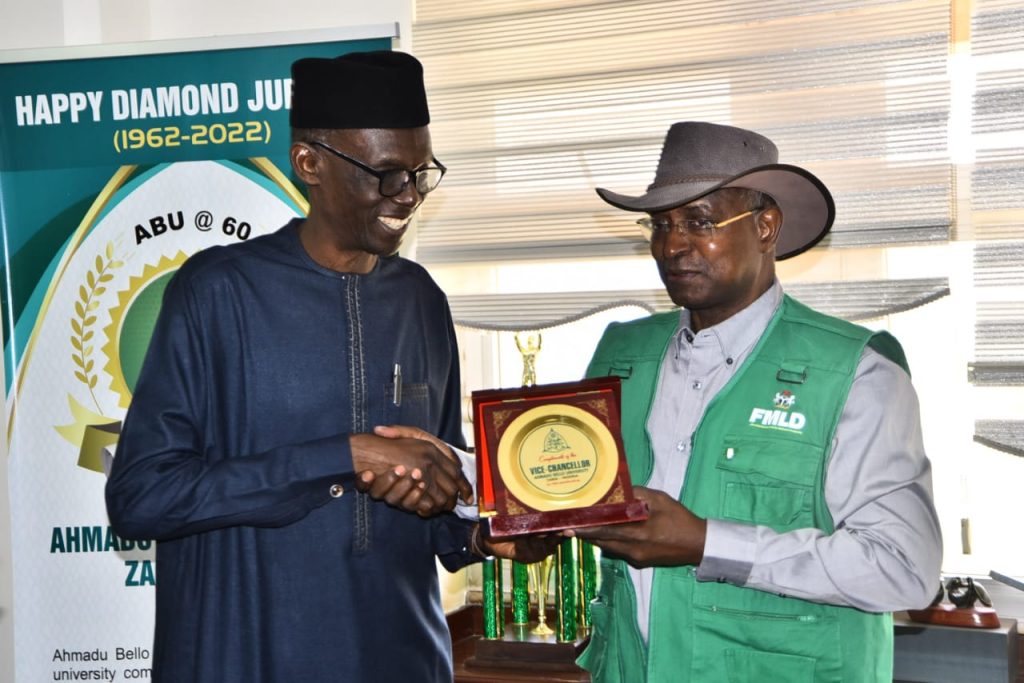NAPRI scientists say upgraded ShikaBrown stock capable of laying 350-380 eggs per 90-week-life-cycle
Researchers at the National Animal Production Research Institute (NAPRI) of Ahmadu Bello University have revealed that with the institute’s breeding programme, the upgrade of ShikaBrown stock is expected to lay at least 350-380 eggs for 90-week-life-cycle.
According to the researchers, the need to upgrade ShikaBrown GPS became necessary in order to improve traits for better performance and economic expansion in response to the Nigeria Population Prediction for 2050.
NAPRI also said the concerted effort made to maintain the genetics resources in the ShikaBrown GPS potential since the development of the project about 45 years ago is no mean record.
The ShikaBrown layer project is the result of active breeding and selection work by scientists at the poultry research programme since 1979.
It is essentially to create suitable parents stocks and commercial eggs layers from a layer gene pool of different combinations of lines in the grand-parent generations.
With the upgrade, the existing hatcheries and breeding farms will have adequate supplies of high performing and resilient parent stock layer chickens that will be used to produce layers for commercial farms.
This is besides the springing up of more breeding farms and hatcheries as well as the provision of employment opportunities for many.
Other expected impacts of the upgrade will be availability of more animal protein from poultry meat and eggs for human consumption to improve nutrition and health.
It is also expected that the foreign exchange used to import parent stock will be available for other needs that cannot be met locally upon completion of the upgrade.
Speaking on the development, the Head of Poultry Research Programme, Dr. Idris Abdullahi, explained that results from scientific researches have shown that the chicken genetic potential has plateaued genetically with little genetic gains, especially traits selected for egg number and egg size.
“This simply implies that there is more opportunities in the population from which more selection gains can be made”, Dr. Abdullahi said.
The programme leader also spoke on the development of broiler foundation at the institute.
According to him, the broiler foundation development at the programme began with the introduction of two foundation broiler lines – Anak and Hubbard.
“These lines were selected for their robust characteristics, focusing on growth rate, feed conversion efficiency, and overall meat yield.
“Since the inception of the programme, the breeding focus has been on, creating a line of broilers that can thrive in the challenging environmental conditions of Nigeria, while also producing lean, high quality meats”, he further said.
He said NAPRI, at present, is in the eighth generation of breeding, with the focus shifting towards stabilising and improving the performance of the stock.
“The next key step in this phase is multi-location testing to assess how the broilers perform across different environmental conditions, which will allow for further refinement of breeding strategies”, he explained.
Dr. Abdullahi, who commended the efforts of the institute’s Executive Director, Prof. Muhammad Rabiu Hassan, researchers and other staff, however explained that funding remained crucial for acquiring new genetics materials, expanding infrastructure, and ensuring the programme’s continued success.
………………
Public Affairs Directorate,
Office of the Vice-Chancellor,
Ahmadu Bello University, Zaria
(NAM)
Friday, 27th December, 2024



